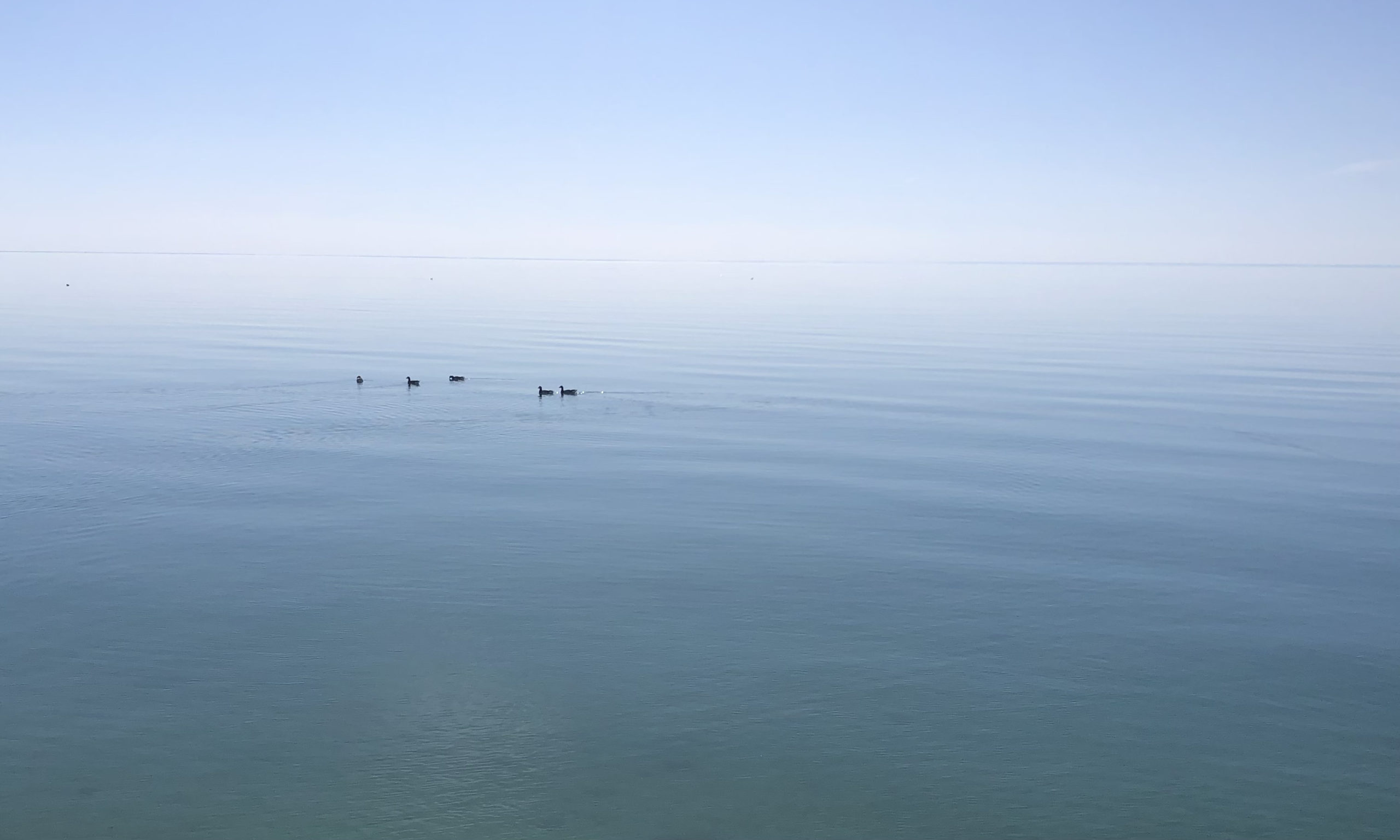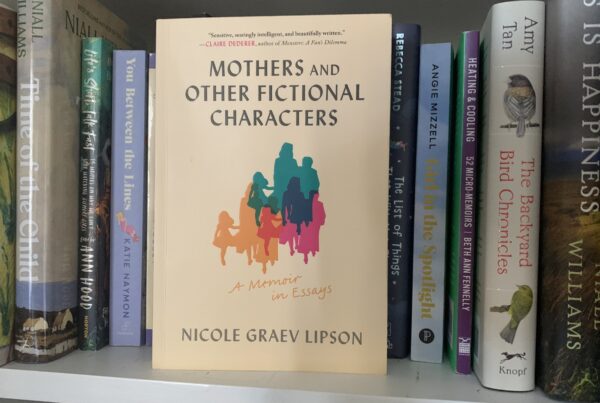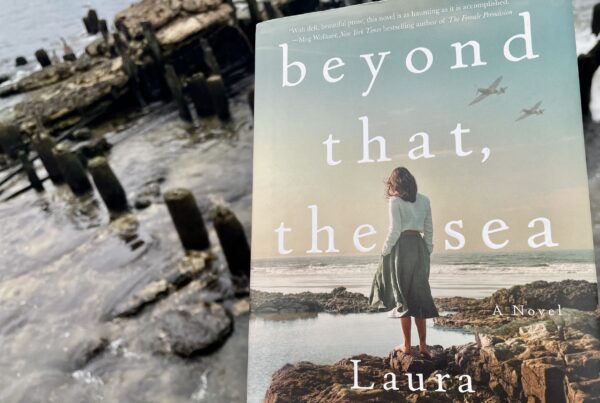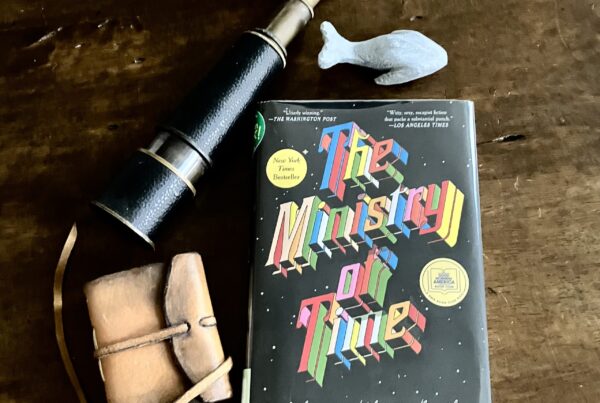Whenever I read a short story, I read it with students in mind, with myself as a student in mind. I read Karen Russell’s “The Ghost Birds”* as a student who majored in dystopian fiction, is obsessed with the specter of apocalyptic climate change, and who has a penchant for stories that don’t quite end at the end.
We are all lucky students of literature when we encounter a story like this. Karen Russell, author of Swamplandia! and St. Lucy’s Home for Girls Raised by Wolves, is a storytelling genius with special powers of imagination. Still, there is something unexpected, wonderful, and yes, haunting, about “The Ghost Birds.”
The story is told in the voice of a father who is excited to be bringing his daughter, Starling, on an excursion into the once beautiful wilds of a place formerly known as Oregon. He is a true believer, convinced that birds still flock and fly, albeit in their ghostly forms, even after they have officially gone extinct.
The story begins in medias res. Father and daughter are trespassing on property once occupied by a school from the time before the Great Western Fires rendered the region uninhabitable. Starling has gamely geared up for some paranormal birdwatching with her father despite not knowing the first thing about life outside of the Red Zone, and for his part her father is intent on bringing her to see the ghost birds even if it means risking her life and defying the directive of his ex-wife who left him, I’m sure, for his obsession with tracking winged specters.
In this world, the sky has been colonized, “a private highway system branching out of Earth’s shallows into outer space, its imaginary lines conjured into legal reality and policed with blood-red force.” A single person owns the sky from the Andes to Mars. Blood is currency, and to pay off corrupt officials, the narrator literally exchanges his “rare and beautifully oxygenated” vitality for his freedom.
But “The Ghost Birds” is about much more than a dystopian world of echoes and memories–it is a story about the constant aspects of humanity regardless of their surroundings. Just as is the case today in our world, in her world Starling contends with a confounding reality that she doesn’t understand. “All children are haunted by the irretrievably lost worlds behind them,” says her father with love, regret, and wisdom nearly choking him.
Although it makes no good sense, in the end it does make some sense why the narrator of “The Ghost Birds” believes so fiercely in his ability to see ghost flocks of birds. He was “the kid who loved baseball cards and antique globes. Vintage newspapers and paperback novels, the arterial reds and blues of old surveyors’ maps.” He was born into the world that we still know, was raised as we were to aspire, adventure, and discover. In his lifetime, though, lava flowed through the streets, bringing with it food shortages, tsunamis, hurricanes, wildfires. Birds went extinct. If this were to happen to us, wouldn’t we also feel compelled to search the wilds for birdsong?
A great short story can’t really be done justice in summary – it has to be experienced. “The Ghost Birds” will take you under an hour to read, I promise. It may not do for you what it did for me, but I believe you will not be able to keep yourself from scanning the sky for the assurance of winged creatures in flight telling you that, for now, everything is all right.
*You can read this story in the October 4th issue of The New Yorker




